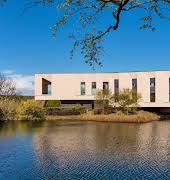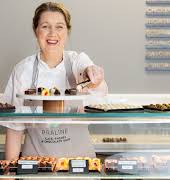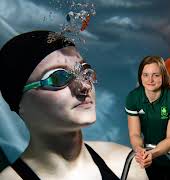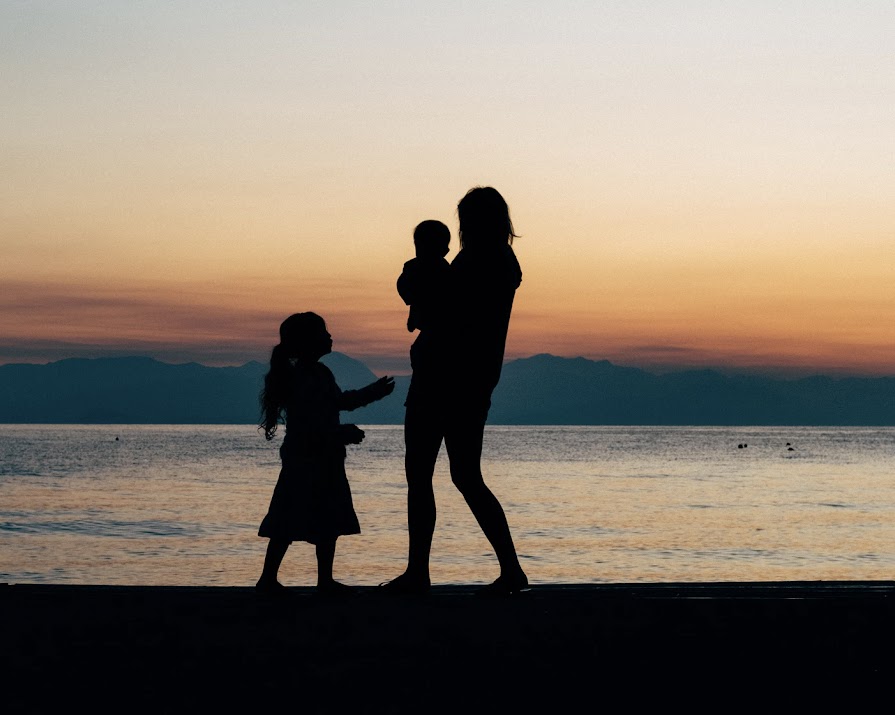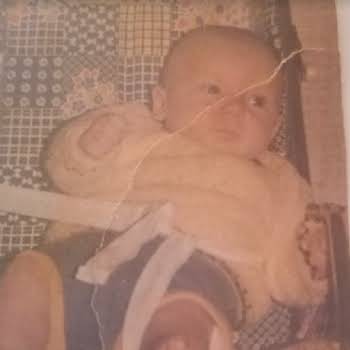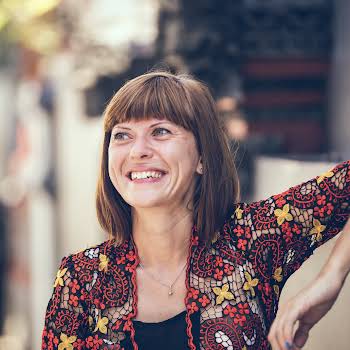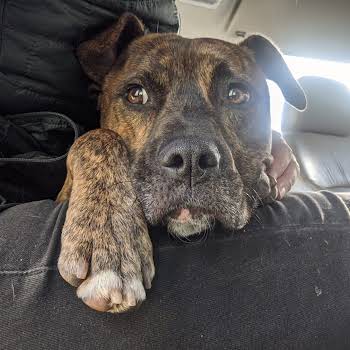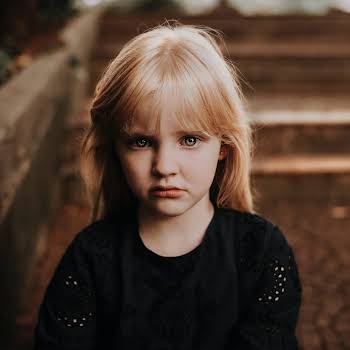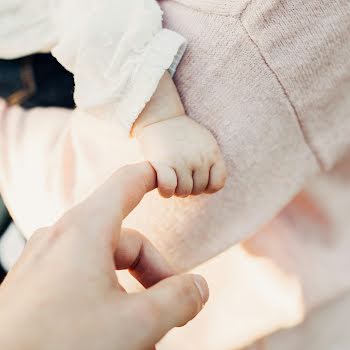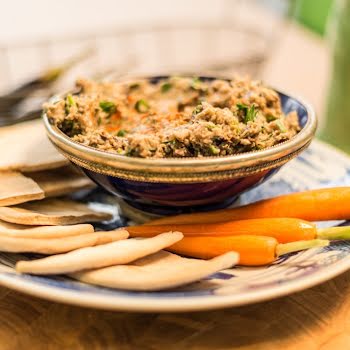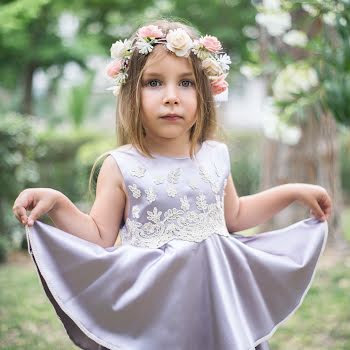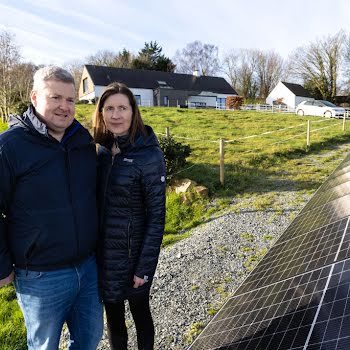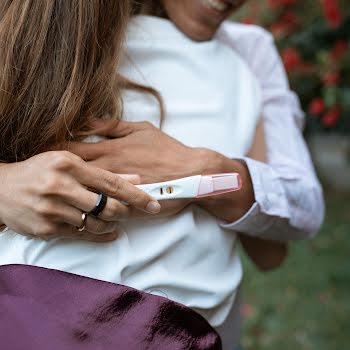
My adoption story: ‘I found something that had been lost my whole life’
Understanding where you come from is important to many but vulnerability can sometimes trump curiosity, writes Amanda Cassidy
RTÉ presenter Evanne Ní Chuillin bravely shared her emotional adoption journey publicly as she went in search of her roots as part of a TG4 documentary, Uchtu last year.
The 38-year-old has always known she was adopted from a mother-and-baby home when she was just four months old. She made contact with her birth mother when she was 19, after completing her Leaving Cert. It was a happy reunion and they shared many similarities.
But adoption is complex – the reasons behind such a monumental decision far from straightforward. And not everyone gets the answers they’ve always craved.
In Evanne’s case, she said that accessing even the most basic information about her own life as a baby was a cruel challenge. “We should all have access to basic information about ourselves. It is not a danger to anybody.”

As part of the documentary, Evanne also spoke to other parents who’d found themselves in a situation as young girls where giving their child up for adoption seemed like the only choice they had.
Stigma
Sheila O’Byrne said she entered the mother-and-baby home because she had nowhere else to go. The stigma of getting pregnant at 20, with a mixed-race baby, in 1970s Ireland was too much. “I couldn’t go home. Where else was I to go? I knew I had to go. I couldn’t stay,” she told Evanne.
And then there are those who spend a lifetime imagining a happily ever after with their birth parents – one they don’t always get.
Anne-Marie’s parents were very supportive when she decided, aged 21, to find her biological parents. After numerous roadblocks and many letters written, she travelled to Limerick to meet her birth mother three years ago.
“It was so emotional. I’d waited my whole life to see who I came from, whose features I had, why they felt I’d have a better life without them,” explains Anne-Marie, emotionally.
“But the woman, my mother, was a stranger. We had such different lives now. She was nice but really distant, disinterested. I wanted it to be a beautiful reunion but after a coffee and some small talk, we went our separate ways. She told me she met my father when he was stationed in Ireland but that he went back to Holland and she never knew what became of him.
“I don’t think he even knew she was pregnant. I’ve written to her just to stay in touch, and I’m keen to meet my half-sister who lives in the UK but instead of scratching an itch, it has left me feeling quite emotionally exposed.”
A family with an abundance of resources and a willingness to love, filling the gap for a child who needs both — this is the idealised version of adoption. One set of parents unable to do the job, another set who desperately wants the job.
I’ve looked for so long
Liverpudlian Paul and Corkonian Lisa met as teens while working in a factory in Cork in 1975. But when Lisa discovered she was pregnant, the teens decided to elope. Lisa’s father insisted she give the child up for adoption.
“I found something that had been lost for my whole life”
Thirty years later, Sinead, their child, finally found her birth father. They had an emotional phone call, where both of them ended up in tears. “I looked for you for so long,” Paul told her. But the heartbreaking fact was that there was simply no system set up for him to find her.
Sinead sadly discovered that her birth mother had died a few years earlier but she says she is glad she discovered her past. She believes she has a better understanding of who she is now.
“It’s been so useful to know the circumstances surrounding my adoption – who my birth parents were. I found something that had been lost for my whole life. And he found me.” Sinead also has a huge appreciation for the couple who raised her. “I could never express enough gratitude to my adoptive family — for all they have gifted me. I have two families now.”
Roadblocks
But as well as the psychology behind identity and belonging, the dearth of information available to those who have been adopted is seen by experts as problematic. Many adoptive parents do not possess even rudimentary information about the family backgrounds of the children they raise.
The responsibility for filling the gap for children, even adult children, who are often vulnerable to their understanding of adoption, is vague. The authorities often don’t have the information, the adoptive parents are not always privy to the past, and the child itself is left burdened with the will-I-or-won’t-I dilemma.
“Family is built by love, not just by blood”
And because rejection may be lingering beneath the surface of such life-changing decisions, the system needs tweaking from the get-go.
Melanie preferred not to go down the route of trying to find her birth parents. When she fell pregnant with her son, she felt if she was ever going to search for them, it was now.
But still, she made the decision not to open up that particular section of her life.
“My parents are my parents as far as I’m concerned. I’ve never had that desire to find out more. Maybe it is a protective thing, maybe it’s just fear of the unknown but for me, how family is built is by love, not just by blood.
“My adoptive parents gave me everything I felt I needed, emotionally, and socially. I’m here for a reason. Sometimes looking back isn’t the way forward.”
Featured image: LOGAN WEAVER on Unsplash
Read more: “Society did this, a society composed of the powerful against the powerless” Catherine Connolly gives stirring speech on the Mother and Baby Homes report
Read more: Mother and baby homes: ‘I kept a photo of my son in his christening robe under my pillow until I met him 34 years later’
Read more: “Unbearable suffering and loss” amplified by Mother and Baby Home leak







